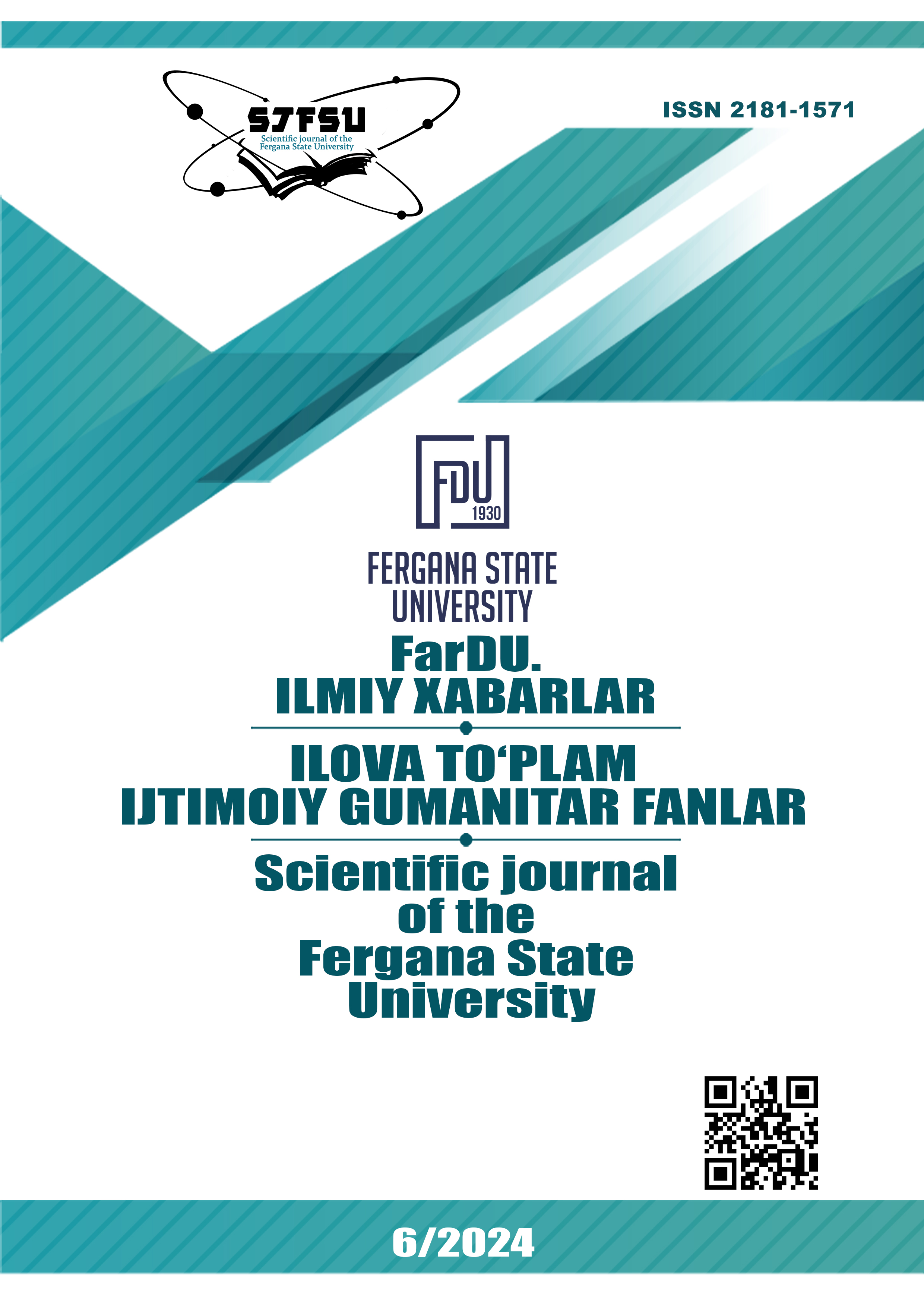PRAGMATIC USE OF RESPECT IN VARIOUS COMMUNICATIVE CONTEXTS
Keywords:
respect, pragmatics, politeness, deference, formal contexts, informal contexts, communication.Abstract
Respect in communication is expressed through speech acts that convey politeness, attention, and deference. In both Russian and English, politeness strategies are used to express respect, but the forms and norms governing these strategies differ significantly depending on the cultural context.
In Russian, respect is expressed through formal address forms, titles, and the pronoun Вы (you, formal). The transition from ты (you, informal) to Вы signals respect, particularly in professional or official interactions. Additionally, the use of patronymics (e.g., Ivan Ivanovich) in formal contexts serves as a marker of deference. In English, respect is conveyed through politeness markers such as please, thank you, and excuse me. Indirect strategies, like Would you mind...? or Could you please...?, are common, particularly in requests or instructions. Unlike Russian, English speakers often emphasize egalitarian politeness, demonstrating respect for everyone regardless of status. In formal contexts, both languages reflect hierarchy and social norms. For instance, Russian speakers often use formal expressions like Уважаемый коллега (Respected colleague), while English formal communication includes phrases like Thank you for your time.
References
Brown, P., & Levinson, S. C. (1987). Politeness: Some Universals in Language Usage. Cambridge University Press.
Wierzbicka, A. (1991). Cross-Cultural Pragmatics: The Semantics of Human Interaction. Mouton de Gruyter.
Leech, G. N. (1983). Principles of Pragmatics. Longman.
Hofstede, G. (2001). Culture's Consequences: Comparing Values, Behaviors, Institutions, and Organizations across Nations. SAGE Publications.
Downloads
Published
Issue
Section
License
Copyright (c) 2025 Scientific journal of the Fergana State University

This work is licensed under a Creative Commons Attribution-NonCommercial-NoDerivatives 4.0 International License.
How to Cite
Most read articles by the same author(s)
- Yusupova Sabohatxon A’zamjonovna, LINGUISTIC EXPRESSIONS OF RESPECT IN ENGLISH AND JAPANESE , Scientific journal of the Fergana State University: No. 6 (2024): Scientific journal of the Fergana State University ADDITIONAL COLLECTION (Social humanities sciences)

